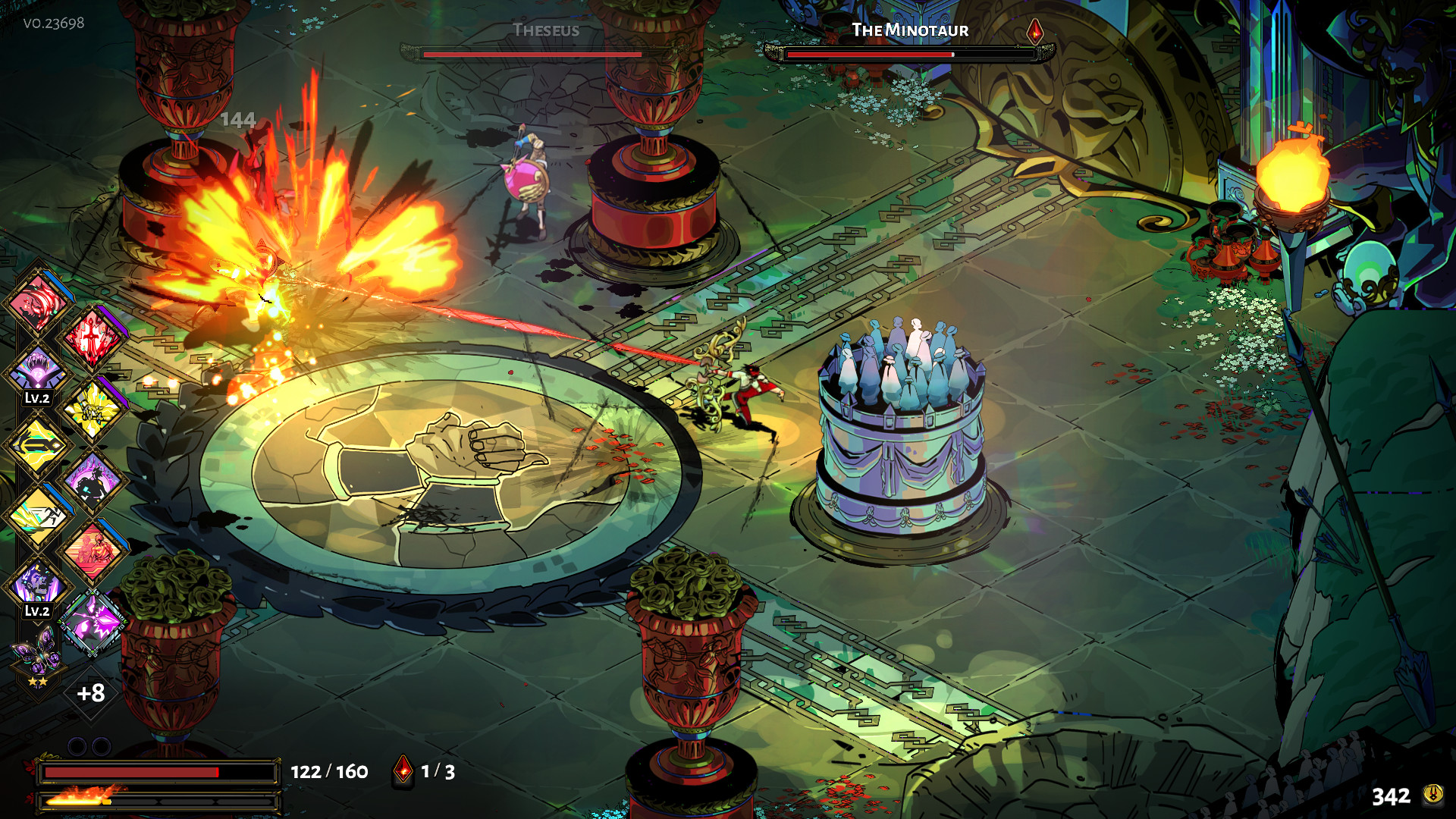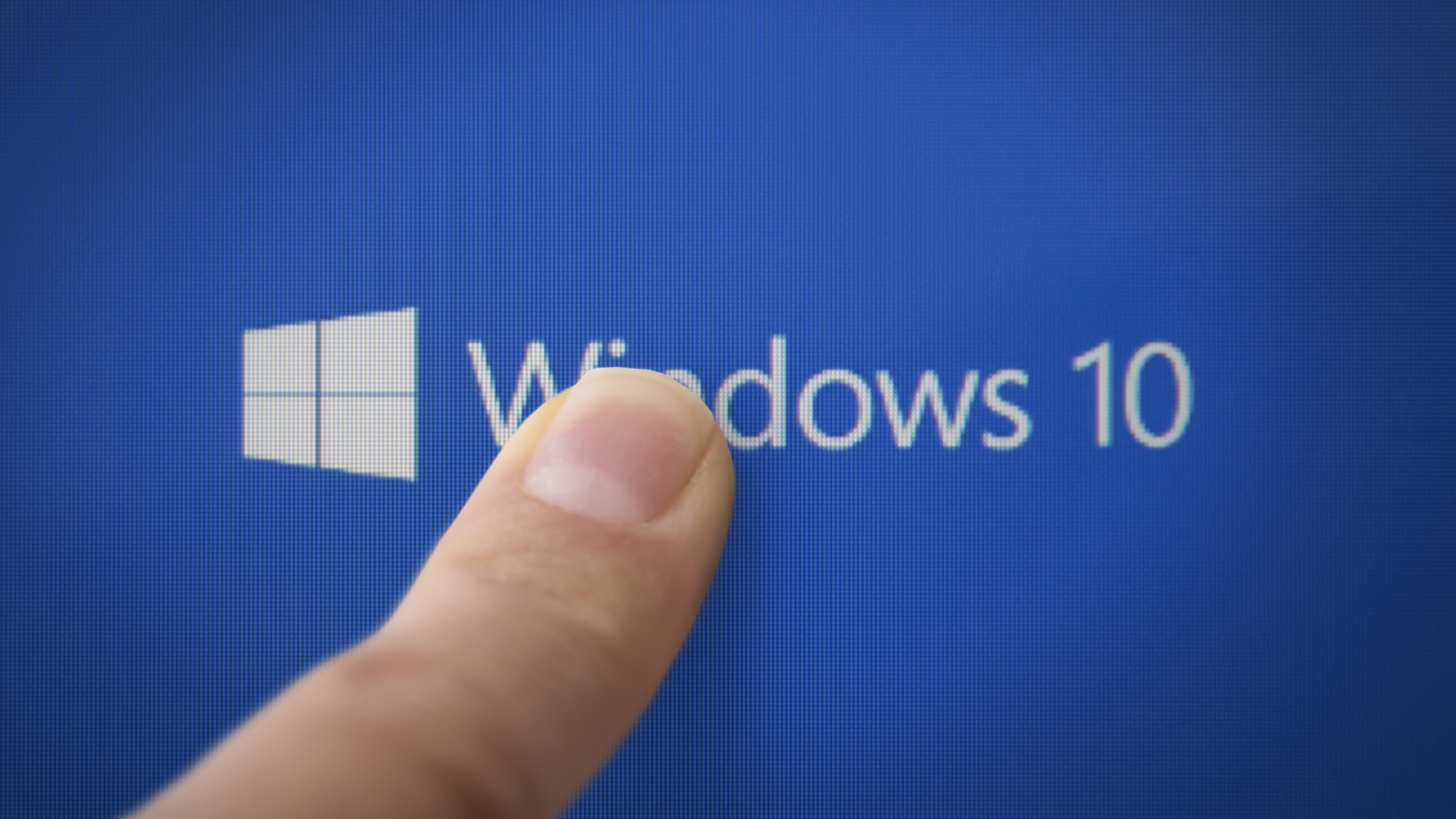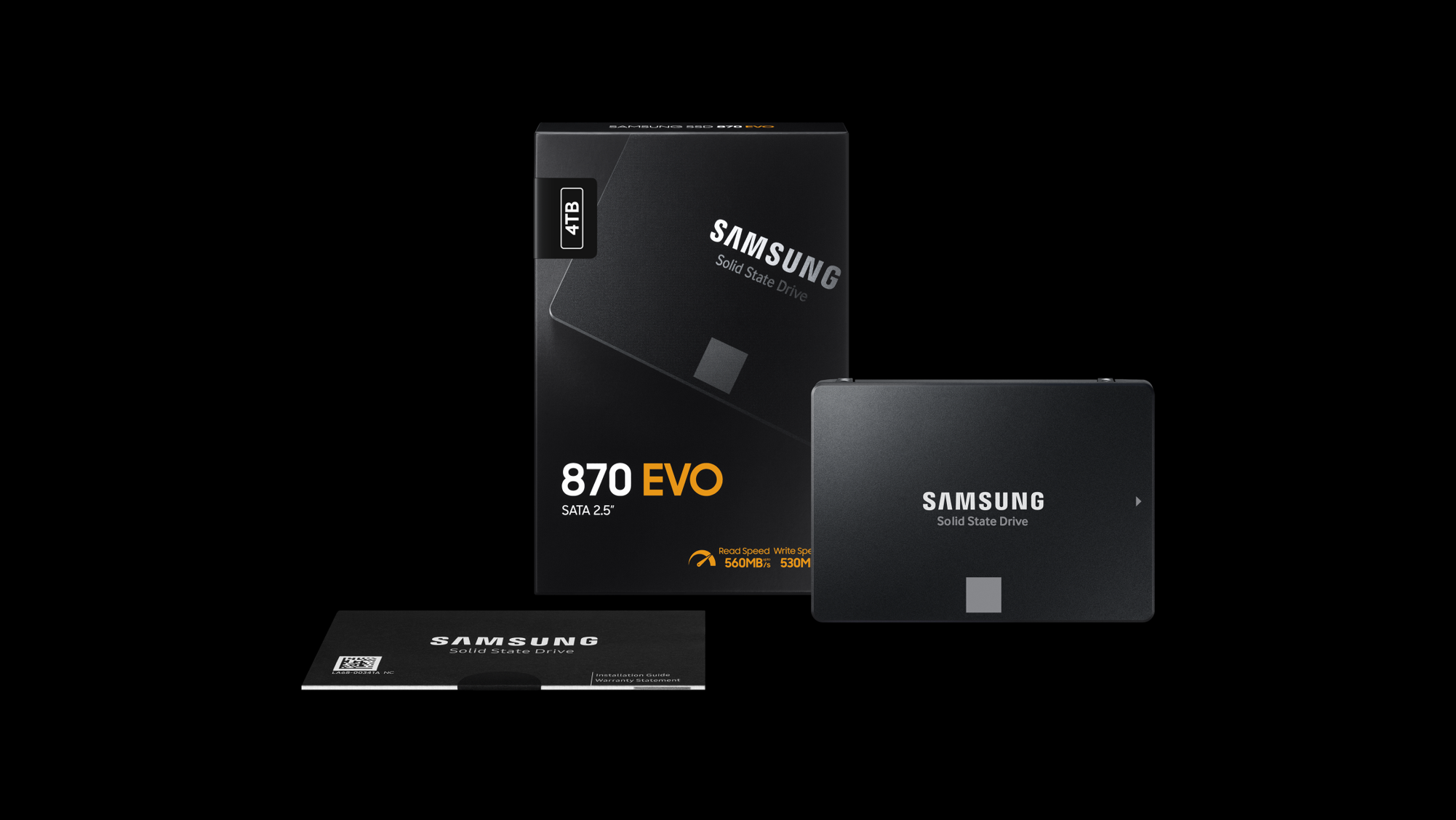The Steam Deck got revealed yesterday, and it's surprisingly affordable for a PC gaming product. $399 in the US for a handheld gaming PC with a 2TFLOP GPU? Consider me sold. Oh, it has just 64GB of eMMC? Nevermind. Now that major PC games can take up over 100GB of storage, it's absolutely silly to sell something like the Steam Deck, which advertises that it can run any game in your Steam Library, with such a paltry amount of storage. So, if you're going to buy a Steam Deck, while the $399 entry price is probably pretty appealing – especially since the Switch OLED is just a bit cheaper at $349 – you might want to either hold off, or pick up one of the more capacious versions. One of the best things about PC gaming in general is the abundance of indie games, and I know plenty of people that pretty much exclusively play these games. Titles like Hades, Hollow Knight and Disco Elysium are the lifeblood of PC games these days. But even if you're just looking for a way to get a few runs of Dead Cells in on your daily commute, the 64GB of storage is only going to be enough for a few games, especially if you have a big AAA game that you want to work your way through. It's a similar situation to the Nintendo Switch, of course. The handheld console has even less internal storage at 32GB, but it can offset the requirement for huge game installs with something the Steam Deck can't offer: game cartridges. Now, full disclosure, I have offset the internal storage of my own Nintendo Switch with a 200GB MicroSD card, and even that isn't as much storage as I'd like. But with the Switch it's totally fine, because the big AAA Nintendo games, I can just buy a cartridge of those. Some of them do take up a bit of space on the device either way, but it means I don't have to fork over the cash for an expensive 512GB microSD card. That won't be the case with the Steam Deck. If I want to play some Death Stranding while on the train, that's a 63GB download by itself, which means if you buy the base version of the Steam Deck, you're simply not going to be able to play Death Stranding at all unless you invest in a microSD card. And if you want to play something like Red Dead Redemption 2? That's 120GB, which is twice what the Steam Deck offers. Even Resident Evil Village, which is pretty modest when it comes to AAA games is 28GB which is half of what will likely be available when the Steam Deck ships with SteamOS preinstalled. SteamOS is a pretty lightweight operating system, especially compared to Windows 10. It's going to use up less than 10GB of your total system storage, but with a 64GB system drive, there's not going to be a lot of leftover room to install the best PC games. If the OS and the custom software takes up, say, 8GB of storage, that means you'll only be left with 56GB of storage. That's definitely not a lot, especially if you want to play big PC games. Luckily, you can just pop in a microSD card and it'll instantly load all the games into your library, but then you get to deal with the slow loading times. And it's not just the SD card that will slow you down, but the eMMC drive itself isn't exactly what we'd call speedy. Right now, eMMC storage is limited to around 400MB/s, which is slower than a SATA SSD, which can reach around 500MB/s – and SATA SSDs are pretty obsolete by today's standards anyways. The second price tier for the Steam Deck features a 256GB NVMe SSD, and even the slowest NVMe drive out there is going to be somewhere in the neighborhood of 5-6x faster than the storage of the base Steam Deck. It's unlikely that you'll notice how much slower the drive is day-to-day, but it will load games slower, and it will take longer to start up when you turn it on, even if it's just by a couple of seconds. That's probably the biggest asterisk when choosing between the models, and to Valve's Credit, the reservation Page does make it abundantly clear that you're getting faster storage when you go for one of the more expensive options. But just in general when it comes to computers, whether you're talking about a gaming PC, an Ultrabook or even a Chromebook, the faster the storage, the faster your day-to-day use of the device will be. I will be buying a Steam Deck. As I'm writing this I have the reservation page open waiting for the buttons to become clickable. But I'll tell you what: there's no way I'm going for the 64GB version, and neither should you. 
Indie games only

Remember, operating systems take up space

Going back to 2015 storage speeds
source https://www.techradar.com/news/dont-buy-the-base-model-steam-deck/
Rule #21 of the internet: Original content is original only for a few seconds before getting old.


